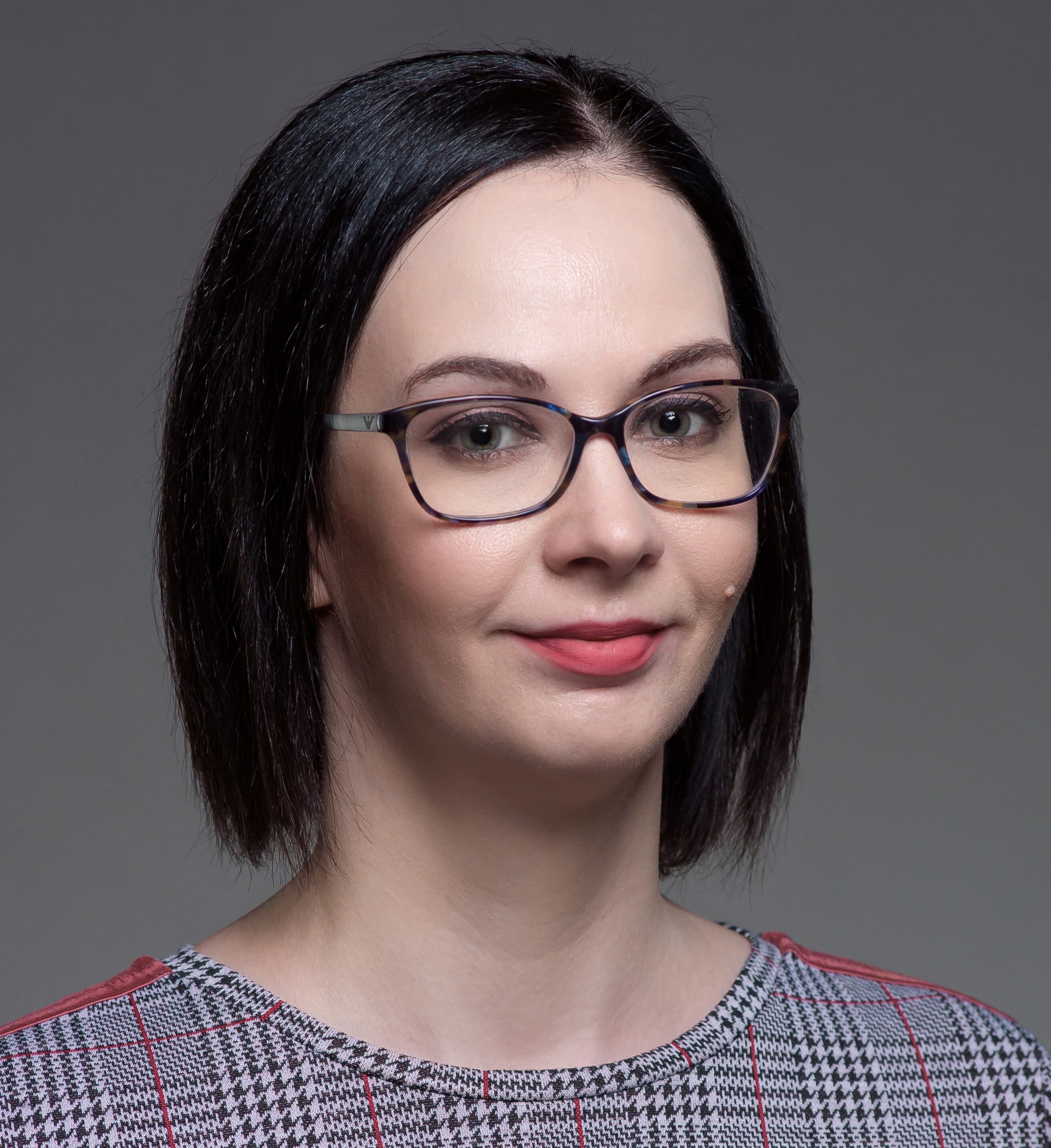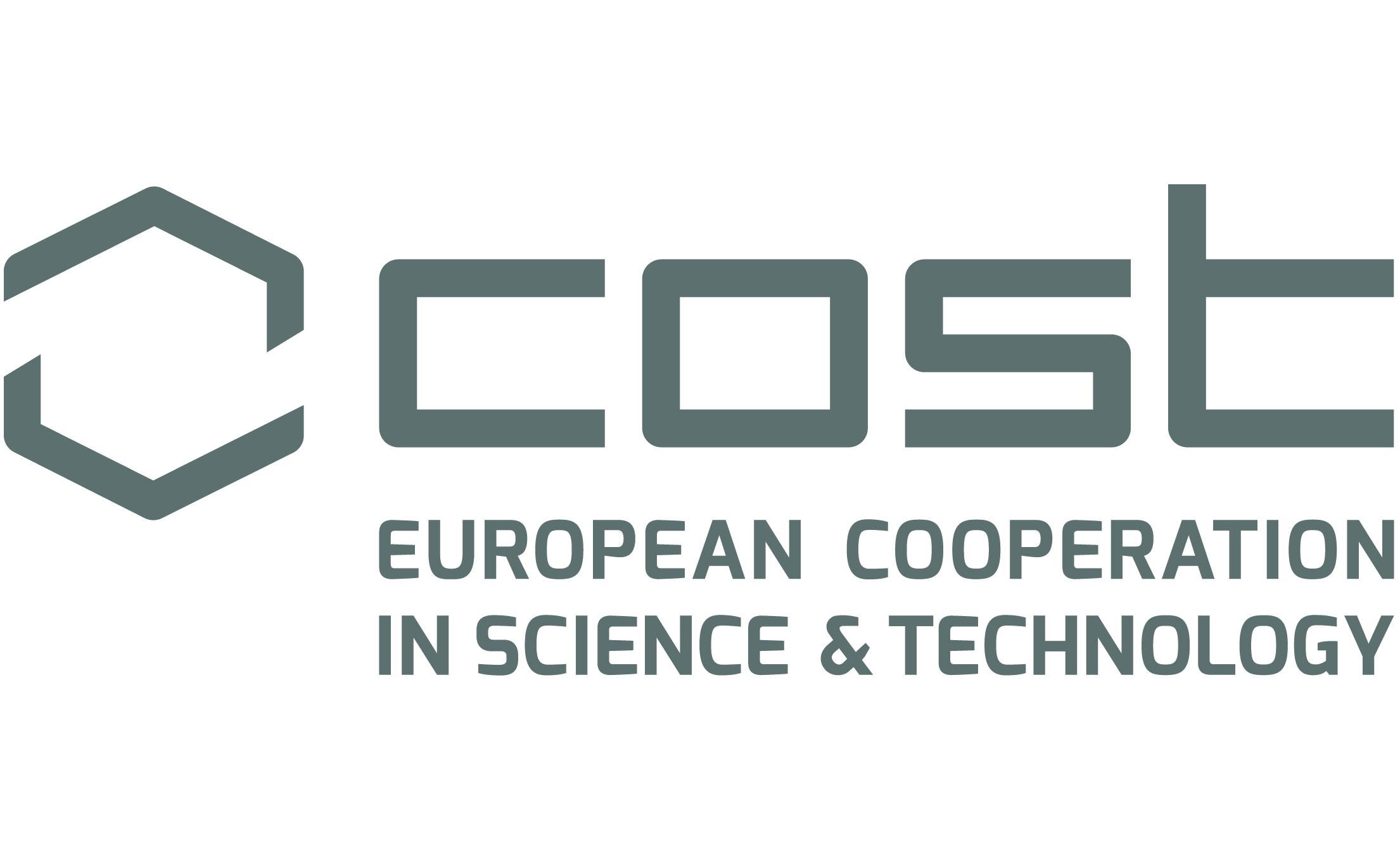Short Term Scientific Mission 2024

Dr Mónika Nogel visited the Royal Anthropological Institute of Great Britain and Ireland, London, UK from 18/03/2024 to 28/03/2024
Being involved into the K-Peritia COST Action (CA22101) funded by the European Cooperation in Science and Technology has provided me with the opportunity to apply for the Short Term Scientific Mission programme 2024 and to visit our grant holder institution, the Royal Anthropological Institute of Great Britain and Ireland (RAI), in London.
The RAI was identified as the Grant Holder Institution of K-Peritia for its experience in developing and managing the accreditation system for forensic anthropologists, and the involvement of the Chair of K-Peritia, Livia Holden, as advisor for the upcoming programme of certification for forensic expert social anthropology.
Forensic anthropology is a special sub-field of physical anthropology (the study of human remains). The main responsibility of a forensic anthropologist in an investigation is to conduct a detailed examination of skeletal remains or body fragments to establish a biological profile of the deceased, which encompasses their ancestry, gender, age at the time of death, and height. Additionally, they might evaluate signs of injury or disease. Forensic anthropologists can also play a role in locating and collecting dispersed or broken remains but typically collaborate with other experts like forensic archaeologists for excavating remains from secret graves unless they possess expertise in archaeology as well. Forensic anthropologists are employed in various settings, including private firms that offer forensic services, museums, and academic institutions.
The RAI aims to replicate the accreditation model used for forensic anthropologists in the field of social anthropology, with plans underway for a new program for social anthropologists. The RAI’s experience is significant to the aims of Working Group 3 (Professionalisation), because as far as I know, it represents to date the only proposal for the certification of cultural anthropologists, and as such, it offers a unique opportunity to learn from a model that has been underway for more than a decade.
One fundamental distinction between the certification designs of the RAI and the one of K-Peritia lies in their scopes.
While the RAI’s certifications target forensic anthropologists and cultural anthropologists specifically, K-Peritia’s certification design, owing to the interdisciplinary nature of cultural expertise, cannot be confined to a single discipline or sub-field. Instead, it must cater for professionals across diverse jurisdictions, disciplines, and languages. However, the RAI’s engagement in both the established forensic anthropology certification and the forensic expert social anthropology certification, which is currently in process, alongside interactions with prominent experts in forensic anthropology, has provided valuable insights into the complexities and challenges of establishing an accreditation system which proposes itself as universal.
Here is my account in the form of a diary.
On the evening of March 17th, I arrived in London, filled with early spring flowers, to start the mission the next morning, on the 18th. I was warmly welcomed at the Institute, and after the introduction of the headquarters and the staff, I began preparing for the personal interviews. My host, Dr. David Shankland, director of the RAI and Felicity Davies, Forensic Anthropology & Fundraising Officer have readily connected me with colleagues. Moreover, I could enjoy a number of meeting areas inside the building designed to enjoy a cup of tea and the sharing of ideas.


Among the interviews conducted, I highlight those carried out with Dr. David Shankland (Director of the RAI), Professor Lucina Hackman (Chair of the Forensic Anthropology Committee), Ms Felicity Davies (Secretary of the Forensic Anthropology Committee and Forensic Anthropology & Fundraising Officer) and Ms Sophie Cowling (Education & Communications Officer).
As I found out, the need for accreditation in forensic anthropology in the UK was formulated about 15 years ago, primarily by law enforcement (police, courts) to provide a basis for examining the credibility of expert opinions provided by forensic experts involved in proceedings. The forensic anthropology profession welcomed the idea and began working on it through self-organization. To tackle this issue, the British Association for Forensic Anthropology was established in 2011. This association has engaged in an extensive period of establishing standards and validation, working in collaboration with the RAI, which serves as its professional body. The RAI has established a Forensic Anthropology Committee dedicated to overseeing the professional certification process.
According to the developed concept, the certification for forensic anthropologists is realized at 3 levels (Forensic Anthropologist I – III), with the requirements for each level being detailed:
Chartered Forensic Anthropologist (FAI) represents the pinnacle of certification, granting chartered status. These practitioners are highly experienced and possess courtroom experience.
Forensic Anthropologist II encompasses practitioners who have demonstrated competence in both the practical and theoretical aspects of forensic anthropology. While they might not have courtroom experience yet, they are guided by an FAI to prepare them for such situations.
Forensic Anthropologist III includes practitioners who have shown a certain level of experience and knowledge in forensic anthropology. They may lack real-world field experience but are supported by either an FAI or an FAII to gain further expertise.
An FAI is assigned as a mentor to FAII and FAIII. They can be approached for advice and guidance, but it is important that they cannot participate in the expert work.
The requirements, as well as the expected level of experience and knowledge, vary by level, and the requirements are transparent. I was given access to all the related detailed documentation.
Certification for FAI and FAII occurs once a year, FAIII applications are accepted on a rolling basis, in a specified procedural order, alongside detailed documentation requirements. The primary reason for the certification happening only once a year is due to the workload of the certification committee and the time-consuming nature of the process. Examination has a written and a practical part.
Continuing Professional Development (CPD) is an essential component of any system for professional accreditation and competence evaluation. It is also a standard requirement for membership in a professional organization. Forensic Anthropology has developed a straightforward and extensive CPD system. Every five years, FAI, FAII, FAIII practitioners must apply for the renewal of their accredited status. The system is structured to be attainable for practitioners at various levels and from diverse backgrounds, including academic, museum/public sector, or full-time professional practice. This system aims to foster development across the three practitioner levels recognized by the RAI. Furthermore, it is tailored to meet the objectives of a CPD system for demonstrating competence, as recommended by Skills for Justice in England and Wales.
Based on the information I have gathered, the system of certification for forensic anthropologists is accepted by law enforcers, and the expertise of certified experts is recognized in court. There are a few experts who have not applied for certification. It’s worth noting that in the UK, accreditation is not mandatory for experts; however, based on interviews, law enforcers give more credence to those experts who have undergone accreditation. According to experiences, there are currently enough accredited experts for cases nationwide that require forensic anthropologist expertise, with no shortage.
In summary, during my visit, I was able to achieve the following:
Gain a comprehensive understanding of the background of the accreditation of forensic anthropologist professionals, the reasons for the need for accreditation, the motivations of the involved professionals.
Gain a comprehensive understanding of the RAI’s forensic anthropology accreditation framework, criteria, processes.
Identify the practices and common obstacles encountered by the RAI in the accreditation certification process, along with strategies to overcome those obstacles.
Learn strategies for engaging with stakeholders and incorporating their feedback.
Understand the RAI’s requirements and compliance monitoring mechanisms fully
Analyze the RAI’s methods for evaluating the system’s effectiveness and implementing improvements.
To learn the number of accredited forensic anthropologists, the background.
To gain insight into the development of practitioner levels, examination procedures.
During my visit, I had the opportunity to familiarize myself with the documentation of numerous processes. I also visited the Anthropology Library and Research Centre, located within the British Museum.
In my free time, I took the opportunity to walk around the landmarks of London, taking long walks in the parks, enjoying the colorful sight and pleasant scent of spring flowers. I also enjoyed a few hours of sunshine. Over the weekend, I visited the Museum of Archaeology and Anthropology in Cambridge, as well as the collection at the British Library. Enriched with numerous useful experiences, I returned home with the knowledge that the established professional contacts can be relied upon in the future work of WG3.
This output is based upon work from K-Peritia CA22101, supported by COST (European Cooperation in Science and Technology).










